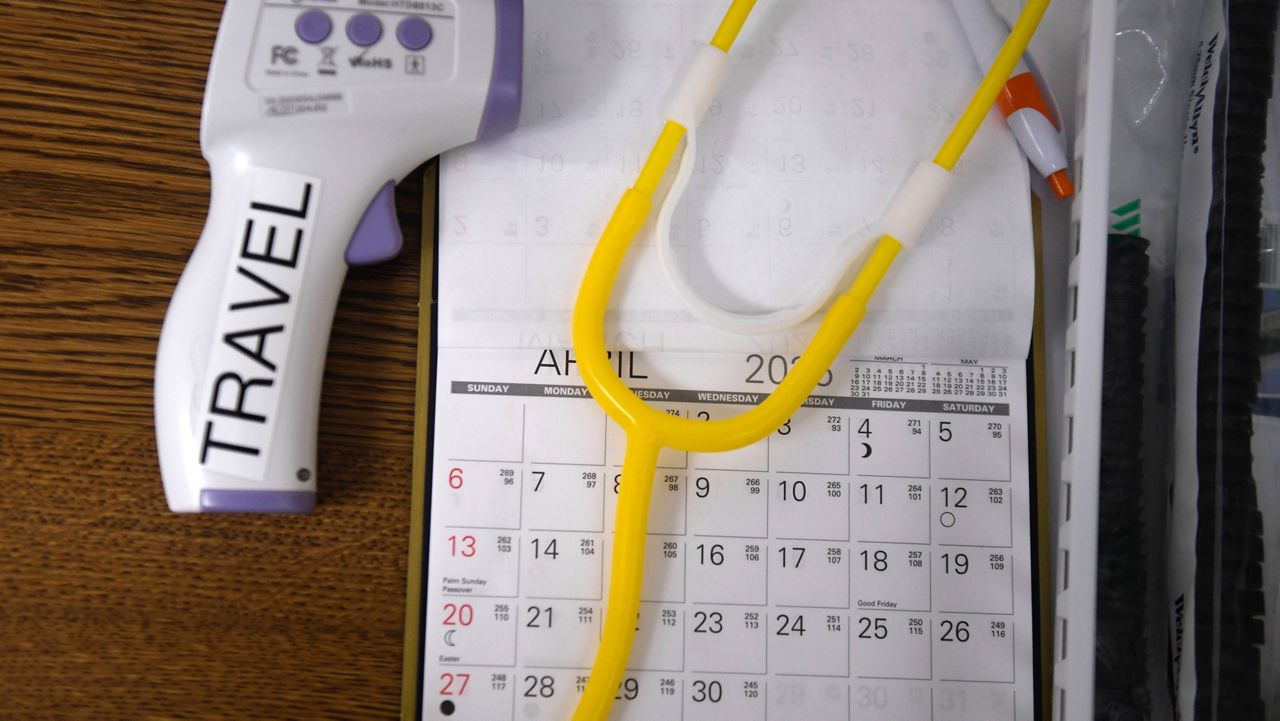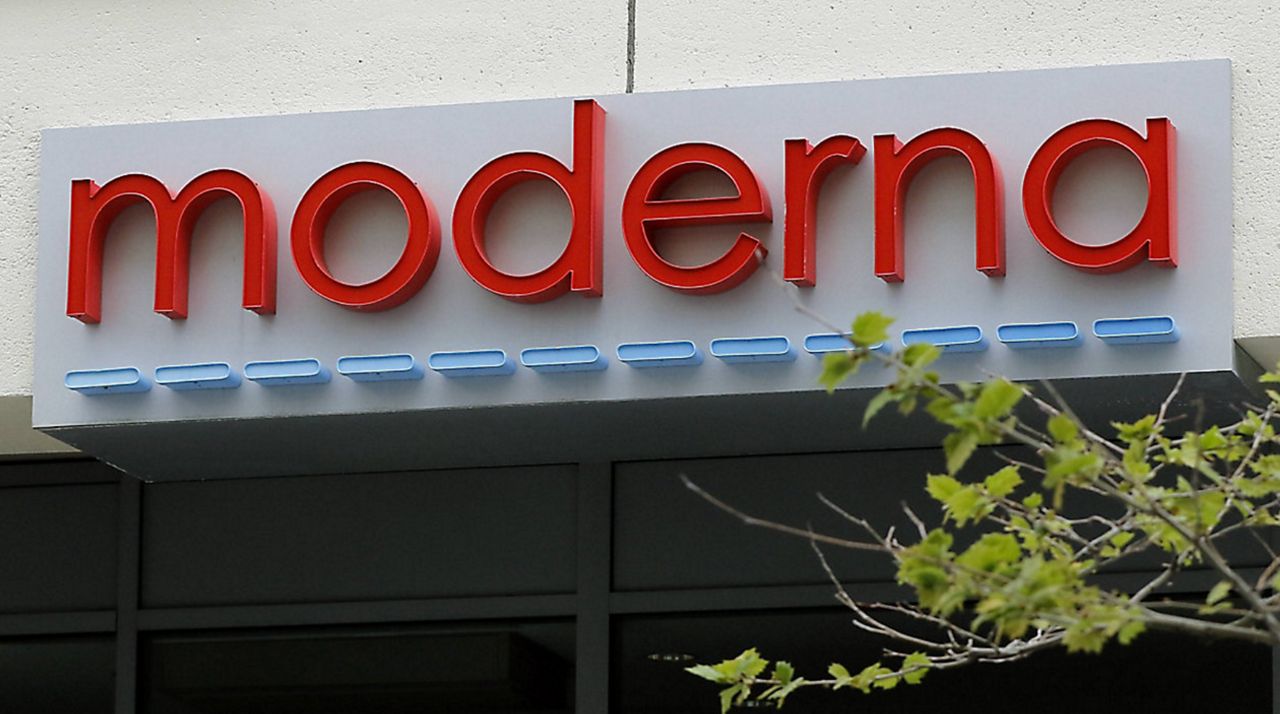CHARLOTTE, N.C. — Researchers may have found a potential cure for lymphoma and leukemia, and the treatment is available in several cities across North Carolina.
An N.C. woman was one of the patients involved in the experimental therapy. Robyn Stacy-Humphries was going through a battle for her life a decade ago, and felt very weak.
Now, she loves feeling the energy in her legs as they move round and round. She cycles at her home about three times a week.
What You Need To Know
- Chimeric Antigen Receptor (CAR) T cell therapy is a personalized treatment that teaches the body's immune system to fight cancer cells
- Some doctors now consider it a cure for certain types of lymphoma and leukemia
- But it doesn’t work in every patient. The potential cure rate is about 45-50%
“I love it,” Humphries says. “Exercise is my release. It’s my form of meditation. It has helped me survive.”
It’s an exercise that makes her feel alive and grateful. It’s taken her a long time to get her strength back.
“I was not able to eat solid food for about five months [after stem cell treatment], and survived on smoothies,” Humphries says.
In 2011, Humphries was diagnosed with an aggressive cancer known as B-cell lymphoma. She went through chemotherapy and stem cell treatment, but her cancer came back both times. At this point, her family was worried. Without any additional therapy, her life expectancy was six months.
“The third time was absolutely terrifying,” Stacy-Humphries’ husband Scott Humphries says. “I was sitting in the waiting room at Chapel Hill. It was the end of the day and people were coming out. Nobody would make eye contact with me. She came out, and she was crying. I was crying. It was a very tough night.”
But an experimental therapy changed everything. In 2016, Humphries underwent CAR T-cell therapy. Novant Health Hematologist and Oncologist Dr. Alan Skarbnik explained how it works.
“We collect T cells, which are part of our immune system,” Skarbnik says. “They can recognize and kill foreign cells, including cancer.”
Those T cells are extracted out of the body and engineered in a lab with chimeric antigen receptors (CAR.) The newly formed T cells are trained to attack a specific cancer.
These engineered T cells are then put back into the body. If successful, they bind to cancer cells and kill them.
“For 45-50% of patients, they have long remission,” Skarbnik says. “In about 80% of people, they have at least a response, some degree of control.”
Humphries says her lymphoma was gone within one week of the treatment. The treatment recently gained headlines because the first few people to take it ten years ago are still cancer-free, and that’s when some doctors consider it a cure.
“For a long time, my own physicians would never use the 'cure' word, but now they are actually saying 'probably cure,'" Humphries says.
Humphries has lived six years without lymphoma. She has three children and says this treatment allowed her to be there for big life events.
“We are planning my youngest son's wedding, which is really nice,” Humphries says. “My older two kids closed on townhomes and condos recently. It’s amazing and I am very grateful to receive this groundbreaking therapy.”
Right now, CAR T cell therapy is considered a third-line treatment. This means patients have to undergo chemotherapy and then a second treatment before this is available.
Skarbnik says researchers are pushing for it to be a secondary treatment.
The National Cancer Institute reports there are hundreds of ongoing clinical trials to see if CAR T-cell therapy works in other cancers. Researchers are trying to identify additional antigens on tumor cells that CAR T cells can target. So far, they have not had much success using this therapy for solid tumors.










